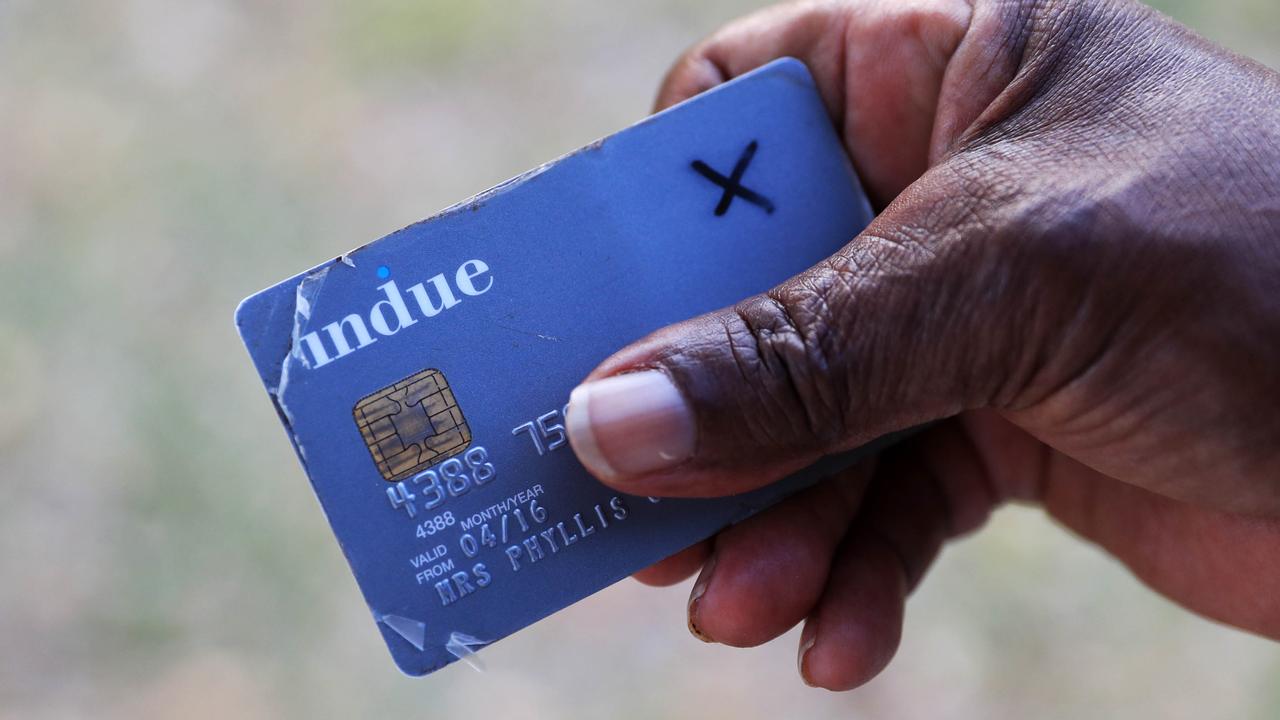Turnbull and Shorten send indigenous recognition caution
Malcolm Turnbull and Bill Shorten have proposed establishing a new ‘informal group’ to oversee indigenous recognition.
Malcolm Turnbull and Bill Shorten have proposed establishing a new “informal parliamentary group” to oversee the indigenous recognition process in a strongly worded letter that warns the Referendum Council not to stray from its terms of reference.
That group would re-examine a discussion paper said to have already been endorsed by the council, and take responsibility for tackling indigenous disadvantage and exploring further forms of recognition once the council has submitted its report, which is already overdue.
The letter is being interpreted by some as a sign of parliamentarians attempting to regain control of a drifting constitutional recognition process. In it the two leaders urge the council to swiftly conclude work, and reject proposals for the body to expand its role by establishing a new “consultation team”.
“It is not our expectation that the council would seek to build indigenous, community and political convergence around any particular mode,” the letter states.
“It is our view that the council should finalise its consultations and bring forward its report as soon as is reasonably practicable … we need to ensure there is momentum on these matters, the maintenance of which will be critical to the success of a future referendum.”
The letter, addressed to the council co-chairs Mark Leibler and Patricia Anderson and dated November 24, was sent ahead of a private meeting between the Prime Minister, the Opposition Leader and the council that is understood to have occurred the week before last. Mr Leibler confirmed he had received the letter but declined to comment further.
“All I can say is that there was a discussion that took place at the meeting with the Prime Minister and the Leader of the Opposition about the contents of the letter,” Mr Leibler said. “Yes, it’s correct to say that a response is being drafted and will go to the Prime Minister and the Leader of the Opposition in due course.”
Some of those with knowledge of the meeting have privately expressed fears that politicians have effectively given up on anything beyond changes to the Constitution’s preamble. The Australian has been told two responses have been drafted reflecting a split within the council over its next move.
In their letter Mr Turnbull and Mr Shorten stress that five unspecified referendum proposals should each be given “equal airing in the consultation process, without (the council) being seen to favour any particular outcome”.
The letter refers to a community discussion paper already endorsed by the council.
A version of that document released in October lists five key topics for debate as: a statement of acknowledgment, the power to make laws for Aboriginal and Torres Strait Islander peoples, constitutional prohibition of racial discrimination, an indigenous voice to parliament and deleting an outdated section of the constitution that contemplates banning people voting.
Discussion about an indigenous treaty is also expected during consultation sessions.
The council has previously canvassed reigniting discussion of constitutionally mandated agreement-making powers.
“We propose an informal group consisting of Mr Ken Wyatt, senator Patrick Dodson, Ms Linda Burney, senator Malarndirri McCarthy and senator Nigel Scullion be established to provide advice on the discussion paper before it is finalised,” the leaders write. The council was established by Mr Turnbull and Mr Shorten last December.



